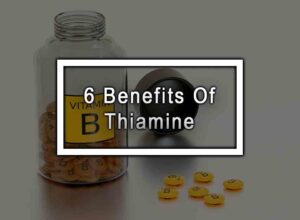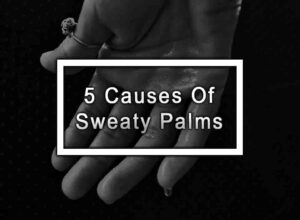Table of Contents
ToggleHere Are Some Of The Best Foods For Breastfeeding
Breastfeeding is an important phase in a mother’s and child’s life. It is a beautiful experience that enhances the bond between a mother and her child. A mother’s milk provides all the essential nutrients that a baby needs for healthy growth and development. Therefore, it is crucial that a breastfeeding mother takes a balanced diet that includes all the required nutrients. In this article, we will discuss the best foods for breastfeeding and their importance.
Whole-grains
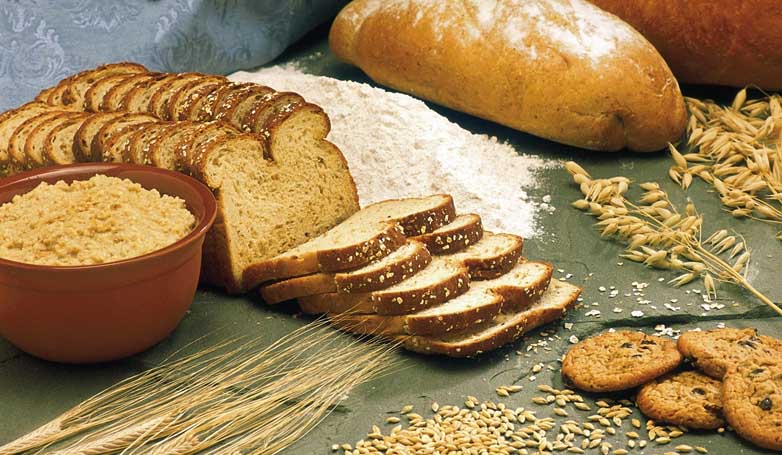
Whole-grain foods such as oatmeal, quinoa, brown rice, and barley are nutritious and perfect for breastfeeding mothers. They are rich in complex carbohydrates, which provide long-lasting energy; fiber, which reduces constipation; and vitamins like B1, B2, and E, which aid the baby’s development.
Vegetables

Vegetables such as spinach, carrots, broccoli, sweet potatoes, and dark green leafy vegetables are rich in vitamins A, C, and K, minerals like calcium and iron, and antioxidants that help strengthen the mother’s immune system and support breast milk production.
Fruits

Fruits such as bananas, berries, oranges, apples, and grapes provide vital nutrients such as fiber, potassium, vitamins A and C, and natural sugars that provide energy and improve the mother’s overall nutrition.
Lean protein
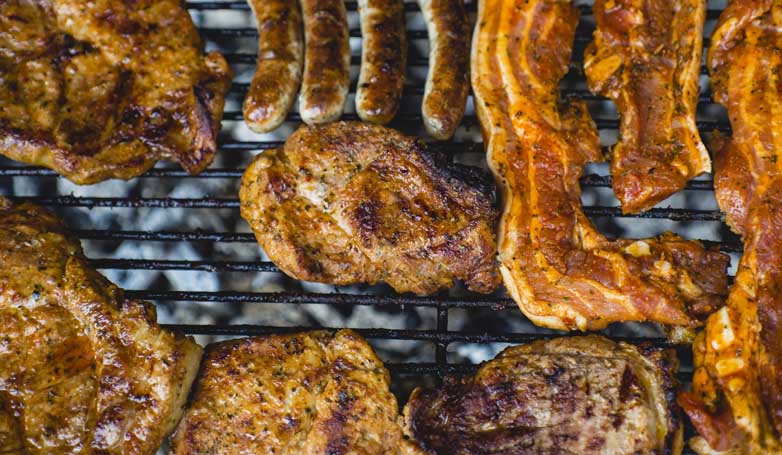
Breastfeeding mothers should prioritize lean protein sources such as chicken, turkey, fish, beans, lentils, and tofu. These foods are rich in protein, which is essential for building muscles, repairing tissues, and supporting the baby’s growth. They are also rich in minerals like iron and zinc, which are vital for the mother’s health and the baby’s development.
Dairy products
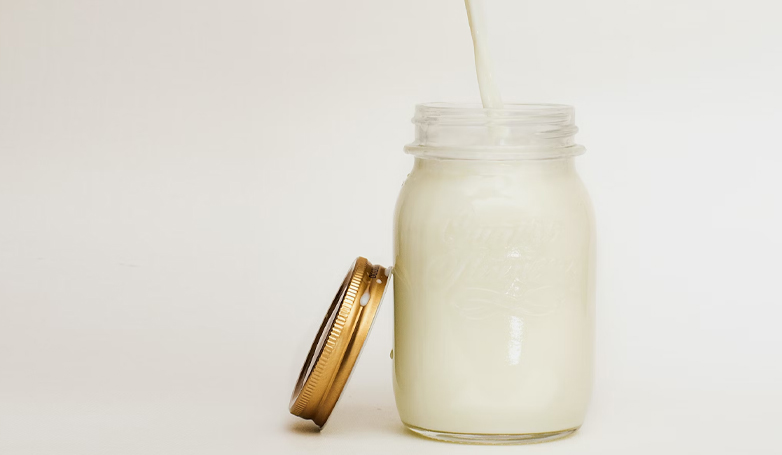
Breastfeeding mothers need foods rich in calcium, as this mineral is essential for healthy bone development in the baby. Therefore, dairy products such as milk, eggs, cheese, and yogurt will provide the mother with an adequate amount of calcium she needs, which, in turn, translates to better quality milk for the baby.
Nuts and seeds
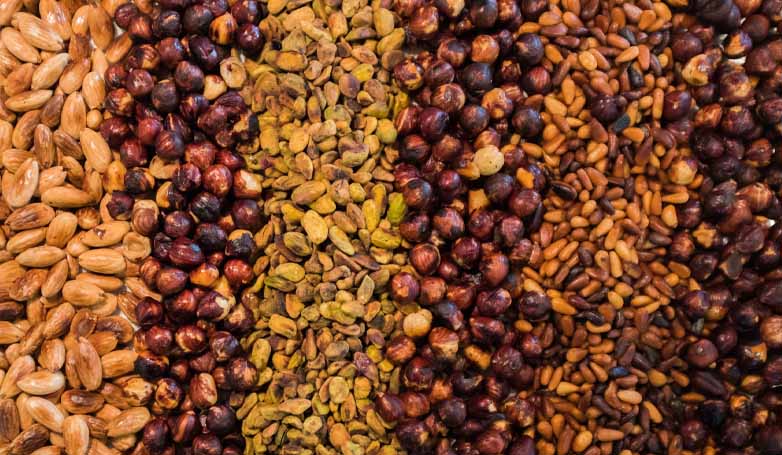
Nuts and seeds such as almonds, pumpkin seeds, and chia seeds are rich in healthy fats that provide the mother with energy, reduce inflammation, and support healthy brain development in the baby. They are also rich in minerals such as magnesium and zinc, which aid in tissue repair, reduce stress, and improve immune function.
Water

Breastfeeding is a dehydrating process, and it is vital that a breastfeeding mother takes enough water to replenish her body. Drinking water and staying hydrated while breastfeeding helps maintain milk supply and also prevents constipation, which is a common problem when breastfeeding.
Importance of a balanced diet during breastfeeding
Breastfeeding mothers must take a balanced diet to meet their baby’s nutritional requirements as well as their body’s needs. A breastfeeding mother needs an extra 500 calories a day to ensure enough milk supply for her baby. Not consuming enough calories can affect milk production, and the baby may not receive enough nutrients, leading to malnourishment.
Breastfeeding mothers need to take foods that are rich in proteins, vitamins, and minerals, including calcium, iron, and zinc. Also, antioxidants such as vitamins C, E, and selenium, are vital in fighting infections and enhancing general wellness.
Conclusion
Breastfeeding is a beautiful experience that provides both the mother and the baby with immense health benefits. However, it is essential to maintain a healthy diet to ensure that both the mother and the baby stay healthy. A breastfeeding mother must take a balanced diet that includes all the necessary nutrients. Therefore, including whole grains, vegetables, fruits, lean proteins, dairy products, nuts and seeds in a mother’s diet is crucial. Drinking enough water is also essential in ensuring that the mother stays hydrated and keeps up with her milk production.
Best Foods For Breastfeeding FAQ
Here are the most common questions about the best foods for breastfeeding.
1. What should I avoid eating while breastfeeding?
It’s recommended to avoid caffeine and alcohol while breastfeeding. Large amounts of caffeine can affect your baby’s sleep, and alcohol can be passed through breast milk and can harm your baby’s development. Additionally, some babies may be sensitive to certain foods like spicy foods, garlic, or dairy.
2. Can I eat fish while breastfeeding?
Yes, you can eat fish while breastfeeding, but it’s important to limit certain types of fish that are high in mercury. Fish like shark, swordfish, and king mackerel should be avoided, and it’s recommended to limit consumption of other fish to 2-3 servings per week.
3. How much water should I drink while breastfeeding?
It’s important to stay hydrated while breastfeeding, so aim to drink at least 8–10 glasses of water per day. You may need to drink more if you’re exercising or if the weather is hot.
4. Can I lose weight while breastfeeding?
Breastfeeding can help you lose weight, but it’s important to do so in a healthy and gradual way. Rapid weight loss can affect your milk supply and your baby’s health. Aim to lose 1-2 pounds per week by eating a well-balanced diet and exercising regularly. Consult with a healthcare professional for guidance.
5. Can I eat spicy food while breastfeeding?
Yes, you can eat spicy food while breastfeeding, but some babies may be sensitive to it and it could cause discomfort. If you notice that your baby is fussy or has a rash after you eat spicy food, you may want to cut back on it. It’s also important to note that some traditional spices, like fenugreek and fennel seeds, have been used to increase milk supply. However, it’s important to consult with a healthcare professional before consuming any herbal supplements while breastfeeding.









